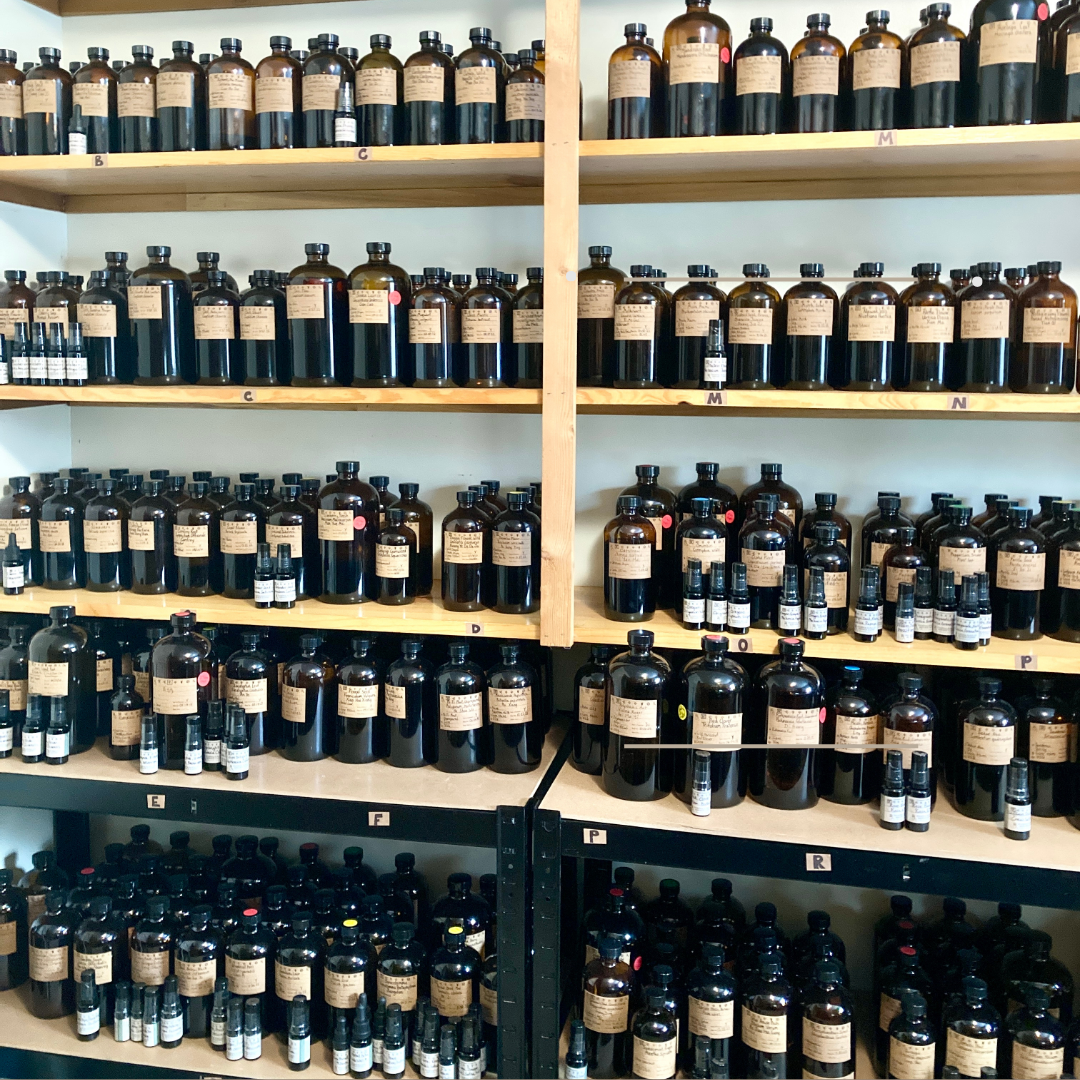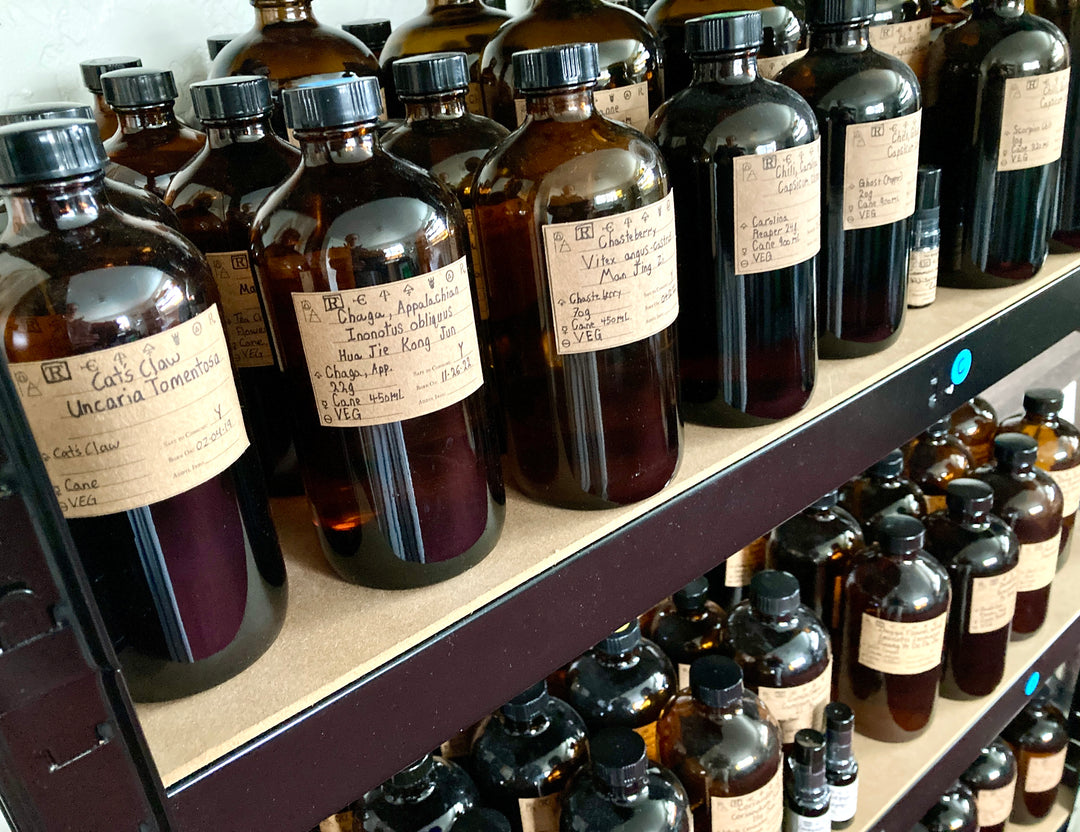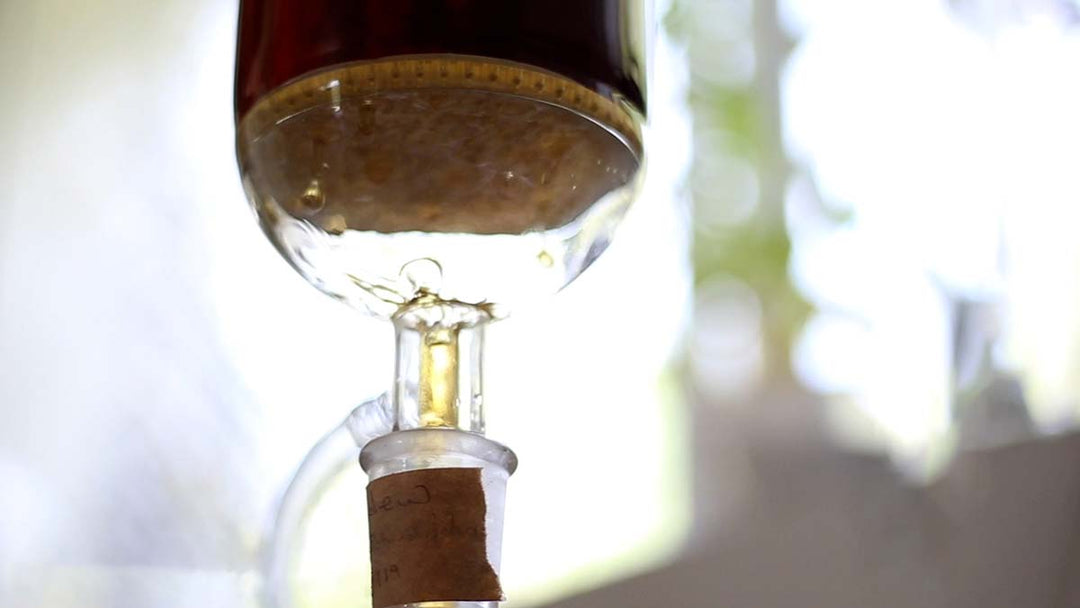Those who know me well know that I absolutely love gardening and farming. It comes with being an over-sized hobbit. One of the biggest problems with gardening, especially in the summer months, is Powdery Mildew. I have TONS of experience with both the prevention and the treatment of Powdery Mildew [PM] as it's a main problem for crops I've grown over the past 15 years, namely Pumpkins and Melons, but I even had a few PM issues on Cannabis, Tomatoes and Strawberries. PM is only a problem when foliage begins and hot weather is upon us, but the root causes of PM exist with soil nutrition and can therefore be addressed preventatively quite early.
First of all, you have to understand the vectors of Powdery Mildew - most of it is spread by wooly aphids but I have found that potato aphids + spider mites are often-overlooked vectors as well. All of these pests are actually a sign that the plant's immune system is weak and not getting the right nutrients, though. Like humans, nutrient imbalances lead to pestilence and disease, and so providing the right nutrients is key. To treat the nutrient imbalances, you need to understand what the levels in the soil look like. Sending samples off to labs can be a bit pricey because every different crop needs different conditions which requires lots of samples of each area those crops are planted to be analyzed. This is why I like to use IDF Technology - it's far faster and far less expensive to perform the analysis.
Once you perform analysis, you need to compare the the nutrients and the pH in the soil to the ideal nutrients and pH for each crop. This requires addition of OMRI Certified Minerals and Nutrients, which are best applied using nutrient-rich compost teas or root drenches.
For instance, if we take grapes, grapes need very specific conditions to thrive and each variety has different needs. The variety of grapes on this property grow best with a soil pH between 5.5 to 7. 6.3 is an ideal soil pH for our terroir, though the soil is a bit too alkaline naturally where we live because of elevated calcium levels in our water supply. And these pH imbalances that naturally occur tend to create nutrient absorption imbalances IF all the nutrients and microbiology in the soil is not balanced. This is the first thing drawing in pests - the plants are unable to get the types of nutrients they need due to pH imbalances. So in the case of my yard, acidifying the soil near the roots with Sulfur would be strongly suggested because that will help the nutrient intake and create ideal conditions for the grapes.
Secondly, all plants have very specific nutritional needs, as do all living things, in order to thrive. Each year, the soil should be checked for nutrient deficiencies or imbalances. If any deficiencies or imbalances exist, those need to be addressed before the plant is very mature. T continue with my example, grapes need Nitrogen, Phosphorus, Potassium, Calcium, Magnesium, and Sulphur along with Trace elements Iron, Manganese, Copper, Boron, Molybdenum, Potassium and Sodium. Grapes are also more pest + disease resistant if they are given healthy levels of Angstrom Zinc in a root drench or if Zinc is provided through a slow release fertilizer. Zinc in very modest amounts helps boost the immune system of most plants, especially fruit trees and grapes, just like it helps in human diets. Personally, I like to use manure for Nitrogen content in the early spring, but after that, regular compost tea preps with Minerals and OMRI Certified Raw Ingredients containing each of those nutrients are key. For instance, Root Aphids are a major threat to Grapes, and most nightshades, too, and they are attracted to roots that put out stress hormones due to poor nutrition. Failure to attend to the nutritional requirements of the grapes results not only in pests, but also in declining brix readings and this will continue to worsen each year unless addressed properly. Most importantly, improper nutrition ultimately leads to spider mites and aphids which, in turn, bring in Powdery Mildew.
Aside from just nutrition, there are other preventative measures that should be taken. A common gardening 'home remedy' is made with Dish Soap and Olive Oil, though this is one of the poorer solutions and can actually end up causing adverse effects in the soil throughout the season. Instead of Soap and Olive Oil, you will find that Potassium Silicate, Neem Oil, and Aloe Vera in a foliar spray are a much better idea and serve as a comprehensive IPM [integrated pest management] solution. Neem Oil will protect against all sorts of insects and it will also be able to kill them, too. This is true for Aphids, Spider Mites, Mites, etc. Potassium Silicate emulsifies the neem, but it also protects against and destroys Powdery Mildew. Aloe Vera Extract is rich in saponins which help evenly distribute the Potassium Silicate in solution, but it also helps root growth and protects against heat damage.
Using this foliar spray as a once weekly IPM protocol will completely protect all your crops, even grapes, from insects and Powdery Mildew in the first place, but it can also be used to destroy them if you do develop problems. I've included the formula I have used as an attachment so you can use it. There are no negative side effects of using this spray and it can be used both in early morning before the sun rises and temps get hot as well as in the evening or when the area is shaded. You don't want to spray mid-day or during hot temps because of wilting or right before it rains for obvious reasons.
The other thing that really works a number on Powdery Mildew is Fresh Sprouted Barley Milk Foliar Spray. You can use sprouted corn milk, too. The reason this works is because of all the available enzymes - it completely eliminates PM. That said, the same enzymes that are responsible for killing the PM are also responsible for converting starches to sugars. So if you already have ants, this can be a bit of an issue. Especially because ants farm aphids in the same way humans farm bees - they like the nectar that aphids produce. And this is why I suggest the Potassium Silicate - Neem Oil - Aloe Vera Spray. It will inhibit the possibility of attracting aphids inadvertently, since aphids, especially wooly aphids, are the main vector of Powdery Mildew in most gardens and farms.
I could go on and on about the delicate symbiosis of soil and insects and solutions to balance these problems, but I have included more than enough for a home gardener. In summation, amend your soil to meet ideal soil pH, nutrient conditions and soil type, and use a complete IPM Foliar Spray protocol and you'll fare just fine without PM [or aphids and spider mites] this season.
PS - I suggest AgSil 16H for the potassium Silicate, buildasoil.com provides excellent Aloe Vera Extract, and Organic Neem Oil can be found all over the place.









